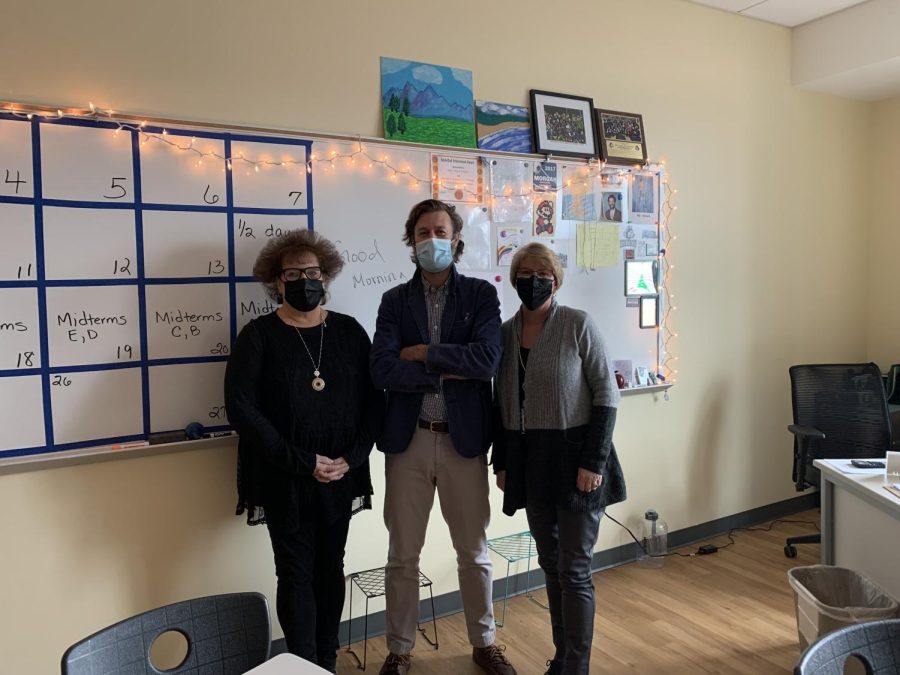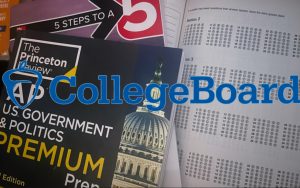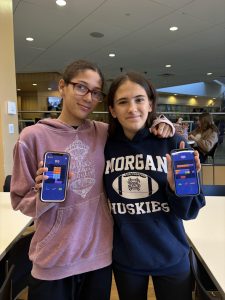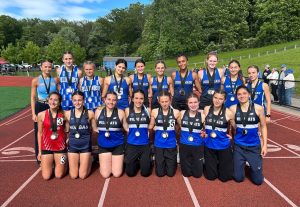Special Education Stigmas
Morgan Students’ Perspectives
January 10, 2022
I entered the special education program in fourth grade because I had trouble with reading and spelling at grade level. I spent about an hour every day in the reading lab working on spelling and reading comprehension. At the end of the year in fifth grade, our whole graduating class toured Jared Eliot Middle School. They gave us our schedule for the first day of school, so we would know where to go and meet our teachers. I noticed the block on my schedule that said “Resource.” The older student that was giving me a tour treated me differently than my other classmates because of “resource.” In sixth grade, I learned what an IEP was and that I had certain accommodations. My accommodations included extra time on tests and hearing the questions read out loud to me. I was pulled out of the room to take assessments. When I came back to the room after taking the test, peers would say, “You only leave the room to get the answers.”
Going into seventh grade, a new block was added to my schedule, “L.S.” Everyone called it “loser squad” even though it stood for “learning strategies.”
During my freshman year of high school, I still had the option to leave the room for assessments, and I had “Strategies” on my schedule. After months of my strategies class in high school, I wanted to leave the special education system because I felt comfortable without extra help.
During my PPT a teacher referred to me as having a “disability.” The State of Connecticut requires teachers to use the word “disability,” but I think the language should be changed. Other students agree with me
Senior Dominic Cacopardo said, “the way people look at the special ed program is wrong.” Dominic left the special education program because he did not enjoy feeling singled out and walking into a special education classroom.
Freshman Hunter Mancini and Victoria Minichino share similar views on the language used during a PPT. Victoria stated “You don’t say someone is a special education student just because we have trouble with something. Everyone has challenges. I believe the language should be changed.” Hunter suggested they “change the language to ‘struggle with’ or ‘show a weak spot in’.”
Sophomore Sam Way observed, “Special ed students are treated differently.” Freshman Aden Gadun thinks “special ed students get made fun of, and they get singled out.” Special education students who receive extra help on tests feel like they are singled out. However Senior Connor Loth and Aden think that it is “reasonable” to have extra time on tests and “it’s up to them to stay in or out of the classroom.”
Mathematics teacher Stephanie Davis explained how she helps students of all abilities in her classes. She said, “ I provide guided notes during lectures. I also use different groupings where I put a mathematically stronger student with a student who struggles.”
English teacher Maile Chaplar uses similar approaches as Mrs. Davis. Ms. Chaplar helps special education students by using a “student-centered approach.”
Morgan has many special education and regular education teachers who want all students to succeed. Many students would like to see the state change the language that’s used to refer to special education students and their learning.







